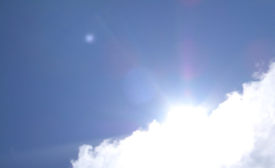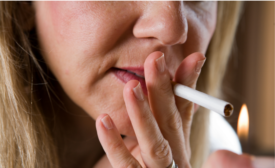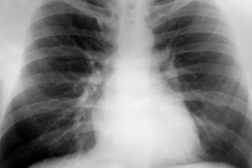Home » Keywords: » cancer prevention
Items Tagged with 'cancer prevention'
ARTICLES
Preventable cancers taking a toll
Cigarettes and alcohol are top two causes
October 25, 2016
Cancer death rate continues steady drop
More than 1.7 million cancer deaths averted between 1991 and 2012
January 10, 2016
Rising cancer rates in lower income countries threaten economic stability
Editorial says prevention efforts important part of health care planning
October 28, 2015
It’s "Don't Fry Day"
Holiday weekend kicks off with reminder of skin cancer prevention
May 22, 2015
Become a Leader in Safety Culture
Build your knowledge with ISHN, covering key safety, health and industrial hygiene news, products, and trends.
JOIN TODAYCopyright ©2025. All Rights Reserved BNP Media.
Design, CMS, Hosting & Web Development :: ePublishing





